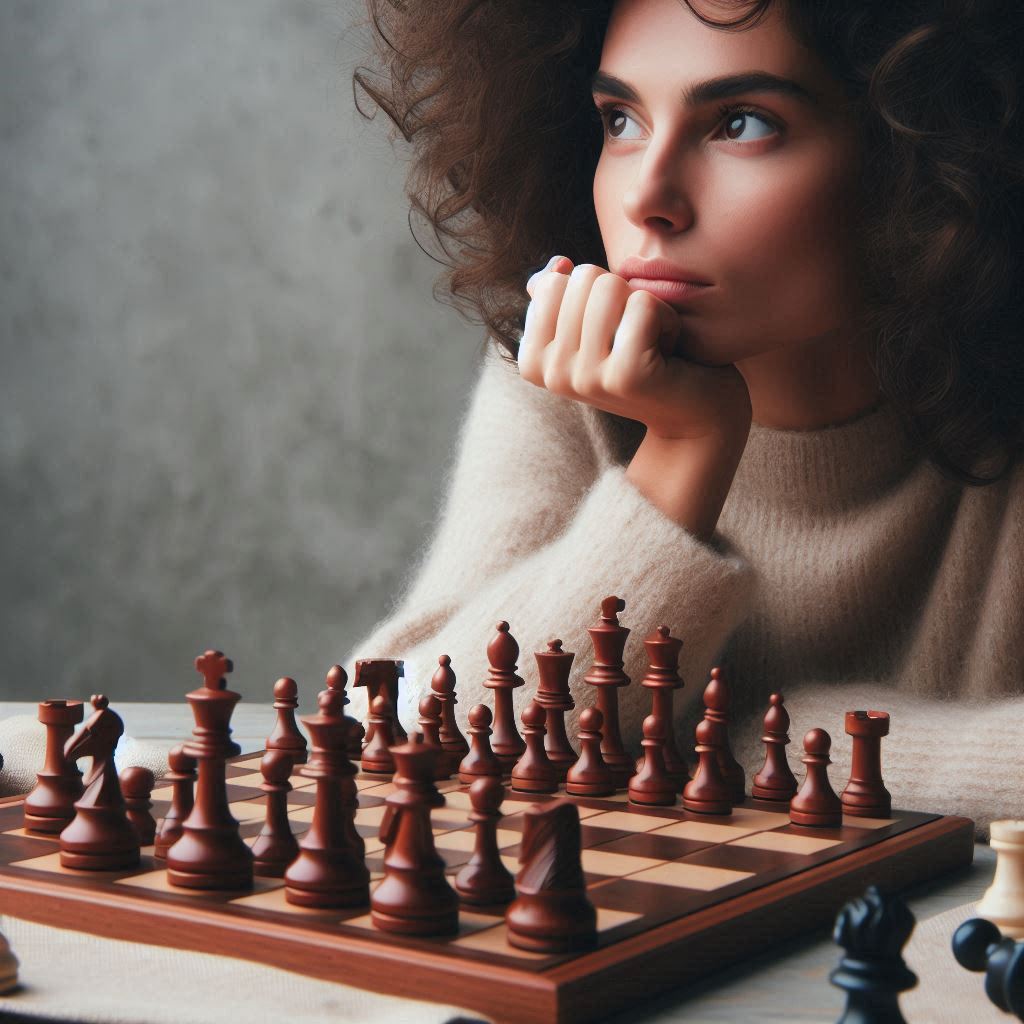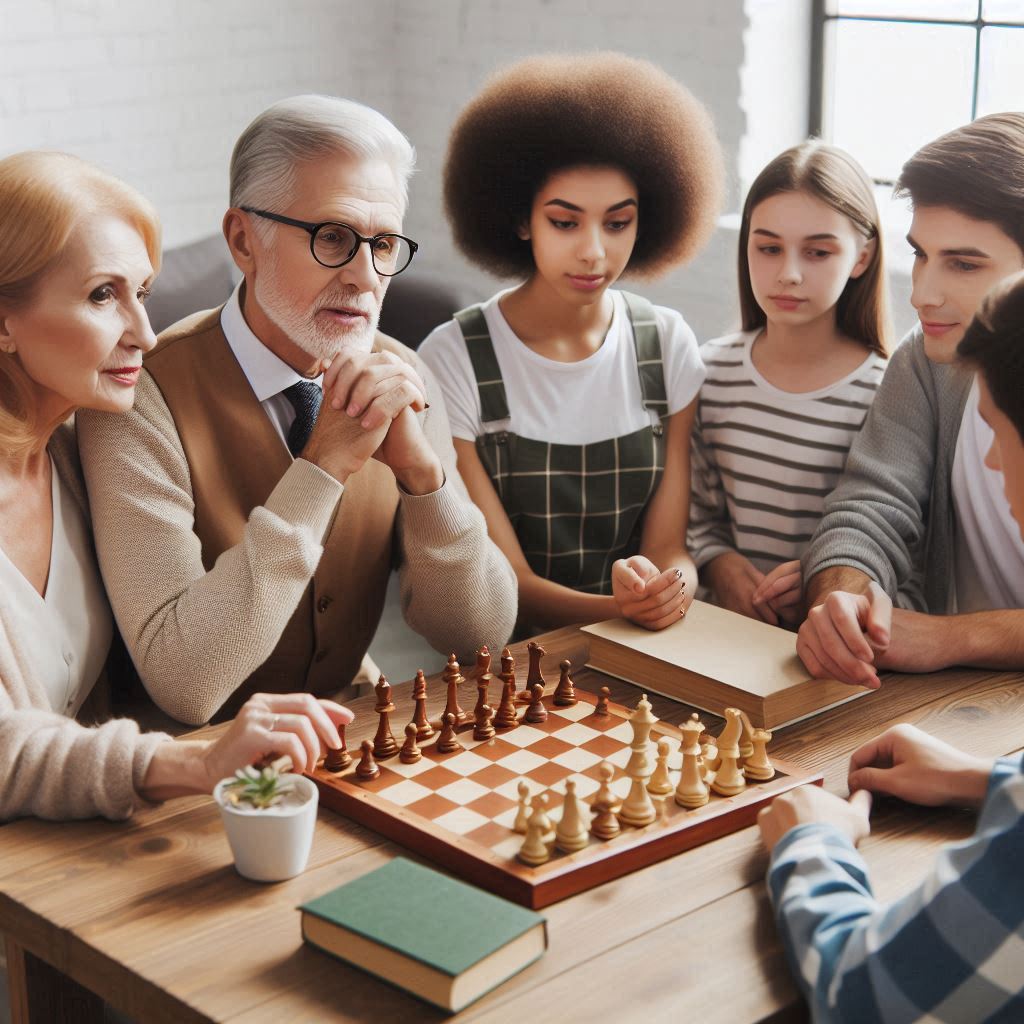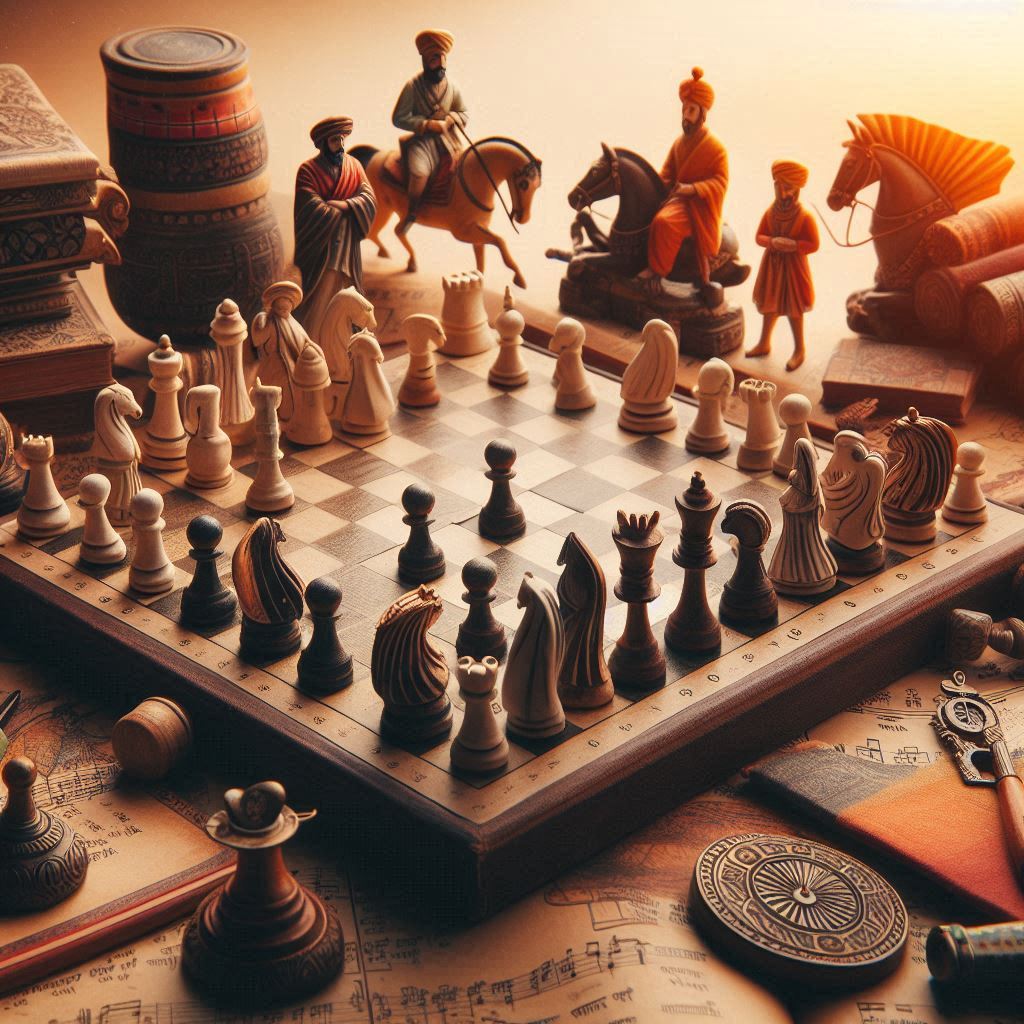Introduction
Chess is often seen as a game of pure logic and calculation. However, intuition also plays a crucial role in the decision-making process of both amateur and professional players. Intuition in chess involves the ability to make quick, accurate decisions based on pattern recognition and experience rather than exhaustive calculation. This blog delves into the importance of intuition in chess, how it complements analytical thinking, and ways to develop and trust your intuitive skills on the board.
What is Intuition in Chess?
Definition and Examples of Intuition in Chess: Intuition in chess refers to the ability to make quick, instinctive decisions based on pattern recognition and accumulated experience. It involves recognizing familiar positions, typical tactics, and strategic ideas without needing to calculate every move in detail. An example of chess intuition is identifying a winning combination or sensing when an attack will be successful based on the position’s dynamics.
The Science Behind Chess Intuition
How the Brain Processes Patterns and Experience: The human brain is adept at recognizing patterns and storing them in long-term memory. In chess, repeated exposure to different positions and scenarios helps build a mental database that players can draw upon intuitively. This process involves the activation of the brain’s pattern recognition systems, allowing experienced players to make swift, accurate decisions.
Intuition vs. Calculation
Balancing Intuitive and Analytical Approaches: While calculation is essential in chess, relying solely on it can be time-consuming and impractical, especially in complex positions. Intuition serves as a guide, helping players quickly identify promising moves and strategic ideas. A balanced approach that combines intuition with precise calculation leads to more effective decision-making and better overall performance.
Developing Chess Intuition
Tips and Exercises to Enhance Intuitive Skills:
- Study Classic Games: Analyzing games played by grandmasters helps build a repertoire of patterns and strategies that can be recalled intuitively.
- Solve Puzzles Regularly: Tactical puzzles sharpen pattern recognition and improve the ability to spot key ideas quickly.
- Play Blindfold Chess: This exercise enhances visualization skills and strengthens the mental connection between positions and potential moves.
- Practice Blitz Games: Fast-paced games force players to rely more on intuition, helping to develop quick decision-making abilities.
Famous Games Showcasing Intuition
Examples of Intuition in Grandmaster Play: Many famous games highlight the role of intuition in chess. For instance, Garry Kasparov’s intuitive sacrifices in his game against Veselin Topalov (1999) demonstrated deep positional understanding and the ability to sense winning opportunities without detailed calculation.
Common Intuitive Patterns
Recognizing Typical Patterns and Positions: Certain patterns frequently occur in chess, and recognizing these can greatly enhance intuitive play. Examples include common mating patterns, pawn structures, and piece configurations that signal tactical opportunities or strategic advantages.
When to Trust Your Intuition
Situations Where Intuition is Most Effective: Intuition is particularly valuable in the following scenarios:
- Time Pressure: When time is limited, relying on intuition can help you make reasonable moves quickly.
- Familiar Positions: In positions you’ve encountered frequently, intuition guides you based on past experiences.
- Complex Positions: When calculation becomes too intricate, intuition helps navigate the complexity by focusing on key positional elements.
Training Methods for Intuition
Practical Methods to Train and Refine Intuition:
- Pattern Recognition Drills: Regularly practice recognizing and recalling common chess patterns.
- Flashcards: Use flashcards with different positions to quickly identify key moves and ideas.
- Simultaneous Exhibitions: Playing multiple games simultaneously challenges you to rely on intuition for quick decision-making.
- Review Annotated Games: Study annotated games to understand the thought process behind intuitive moves.
The Role of Experience
How Experience Enhances Intuitive Decision-Making: Experience is a crucial factor in developing intuition. The more games you play and analyze, the more patterns and ideas you internalize. Experienced players can draw on a vast mental library of positions and solutions, enabling them to make intuitive decisions with confidence.
Intuition in Different Phases of the Game
Opening, Middlegame, and Endgame Intuition:
- Opening: Intuition helps in recalling opening theory and recognizing familiar positions quickly.
- Middlegame: Intuition is vital for identifying tactical opportunities, strategic plans, and potential threats.
- Endgame: In the endgame, intuition guides players in recognizing key endgame principles and typical pawn structures.
FAQs
What is chess intuition?
Chess intuition is the ability to make quick, accurate decisions based on pattern recognition and accumulated experience, without exhaustive calculation.
Can intuition be developed in chess?
Yes, intuition can be developed through regular practice, studying classic games, solving puzzles, and gaining experience.
How does intuition complement calculation in chess?
Intuition serves as a guide to identify promising moves and strategic ideas quickly, while calculation verifies and refines these ideas for accuracy.
What role does experience play in developing intuition?
Experience enhances intuition by building a mental database of patterns and positions that players can draw upon instinctively during games.
Can intuition be relied upon in competitive play?
Yes, especially in time pressure situations and complex positions where detailed calculation is impractical. However, it should be balanced with calculation.
Conclusion
Intuition is a powerful tool in chess, enabling players to make swift, informed decisions based on pattern recognition and experience. By balancing intuition with calculation, players can navigate the complexities of the game more effectively. Developing intuition involves regular practice, studying classic games, and gaining experience through play. Embrace your intuitive skills, trust your instincts, and watch your chess performance improve as you master this essential aspect of the game.



